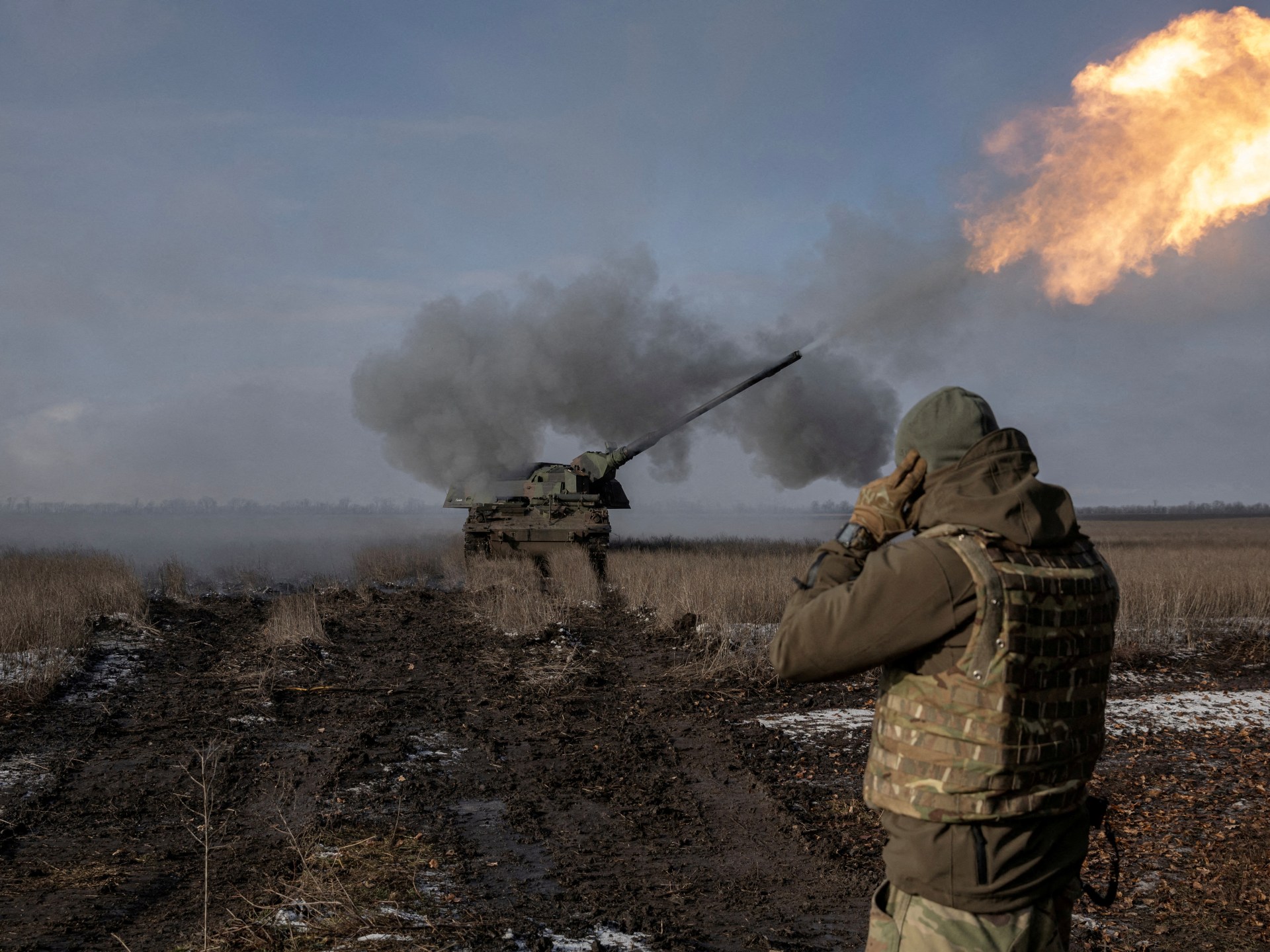While Russian sources report the continued advance of Russian irregular Wagner forces in the eastern Ukrainian city of Bakhmut, Western reports indicate a slowdown in Russian advance, and some have speculated on the possibility of a change in Russian military leadership after the "failure of the winter offensive," as they describe it.
Wagner said it was now deep in the center of the strategic city of Pakhmot, a few hundred meters from the city's administrative building.
The Russian military site "Ryadovka" said that Wagner fighters are engaged in fierce battles southwest of the city, and gradually penetrate Ukrainian defenses, as he put it.
In the context of the battles of Bakhmout, the Ukrainian authorities announced the killing of 6 civilians and the injury of 8 others in Russian shelling - Sunday morning - on the town of Kostyantynivka, which is located 20 km west of Bakhmout.
"The Russians carried out intensive shelling on the town of Kostyantynivka," Andriy Yermak, director of the Ukrainian president's office, said via Telegram, adding that 16 apartment buildings, 8 houses, a kindergarten and an administrative building were damaged by the shelling.
For its part, the Ukrainian General Staff reported that Russian forces continued to storm Pakhmot itself, launching unsuccessful offensive operations in the Bogdanovka and Ivanovka regions.
American Assessment
Meanwhile, the US Institute for the Study of War (ISW) said that the pace of Russian attacks in Bakhmut has decreased significantly, noting that Russian forces did not make any definite gains in and around this city during yesterday's confrontations.
Heavy snowfall in the Bachmot region and fluctuating weather conditions slowed the Russians' advance in the city, according to a report by the institute.
Overall, ISW said the Russian military's winter offensive in eastern Ukraine "failed to achieve the Kremlin's goals of controlling the administrative borders of the Donetsk and Lugansk regions by March 31."
The institute noted that this vision is widespread among Russian, Ukrainian and Western sources alike.
He added that there was speculation among Russian military commentators that Moscow may soon make a change to its military top leadership following the failed attack, according to the institute.
Russian Chief of General Staff Valery Gerasimov, who was appointed in January as commander of forces in the war zone — which Russia calls a special military operation — did not meet President Vladimir Putin's expectations.

